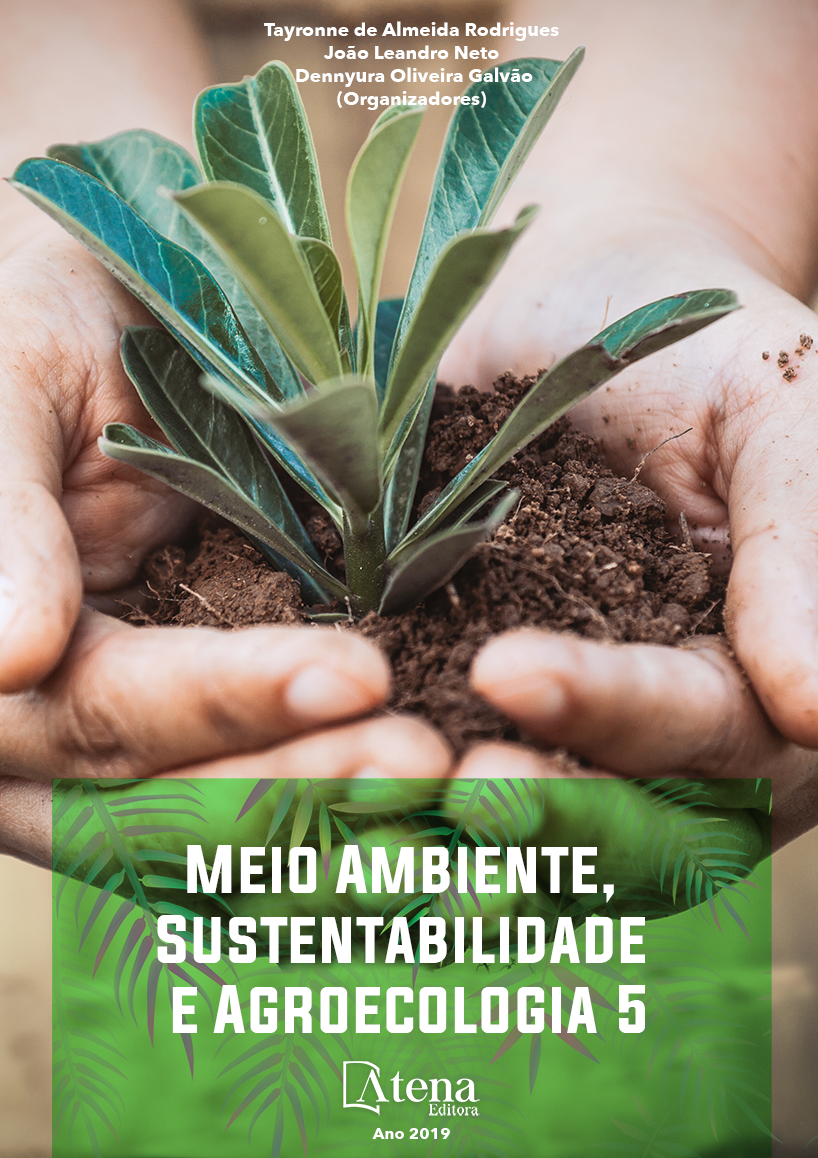
SISTEMAS AGROFLORESTAIS: AUMENTO E DIVERSIFICAÇÃO DA PRODUÇÃO DE ALIMENTOS COMO ESTRATÉGIA PARA RESTAURAÇÃO DE PAISAGENS NO NOROESTE FLUMINENSE – RJ, BRASIL
O presente trabalho descreve os
três anos iniciais da experiência com Sistema
Agroflorestal (SAF) desenvolvida pelo agricultor
Genilson, no Sítio Nova Aliança em Santo
Antônio de Pádua, Estado do Rio de Janeiro.
A propriedade é uma Unidade de Pesquisa
Participativa, estabelecida com o apoio do
programa Rio Rural e de uma rede de parceiros
locais e regionais. Devido ao desmatamento,
severa degradação do solo e dos corpos
hídricos, hoje a região noroeste fluminense
apresenta clima semiárido, representando
mais um entrave ao desenvolvimento rural.
A transição para o SAF permitiu o aumento e
diversificação da produção, além de garantir
colheitas ao longo de todos os meses do ano,
o que não era viável na produção anterior.
Os resultados desta experiência, que está
sendo compartilhada e difundida na região,
demostram o grande potencial dos SAFs como
medida de intensificação ecológica e adaptação
às mudanças climáticas, contribuindo para
o aumento da resiliência socioecológica da
paisagem.
SISTEMAS AGROFLORESTAIS: AUMENTO E DIVERSIFICAÇÃO DA PRODUÇÃO DE ALIMENTOS COMO ESTRATÉGIA PARA RESTAURAÇÃO DE PAISAGENS NO NOROESTE FLUMINENSE – RJ, BRASIL
-
DOI: 10.22533/at.ed.31619160421
-
Palavras-chave: Agrofloresta; Restauração de Paisagens; Intensificação Ecológica; Resiliência; Pesquisa Participativa
-
Keywords: Agroforestry Systems, Landscape Restoration; Ecological Intensification; Resilience; Participatory Research.
-
Abstract:
The present study describes the
experience with an agroforestry system (AFS)
developed by the farmer Genilson, during the
initial three years, at Sítio Nova Aliança in Santo
Antônio de Pádua, state of Rio de Janeiro.
The property is a Participatory Research Unit,
established with the support of Rio Rural
program and a network of local and regional
Meio Ambiente, Sustentabilidade e Agroecologia 5 Capítulo 21 182
partners. Due to deforestation, severe degradation of soil and water resources, today
the northwest region of Rio de Janeiro has a semi-arid climate, representing another
obstacle to rural development. Transition to agroforestry system allowed an increase
and diversification of production, besides guaranteeing harvests throughout all months
of the year, which was not feasible in the previous production system. The results of
this experience, which is being shared and disseminated in the region, show the great
potential of AFS as a measure of ecological intensification and adaptation to climate
change, contributing to increase socioecological resilience at the landscape level.
-
Número de páginas: 15
- Isabelle Soares Pepe
- Ana Paula Pegorer de Siqueira
- Eiser Luis da Costa Felippe
- Fernanda Tubenchlak


